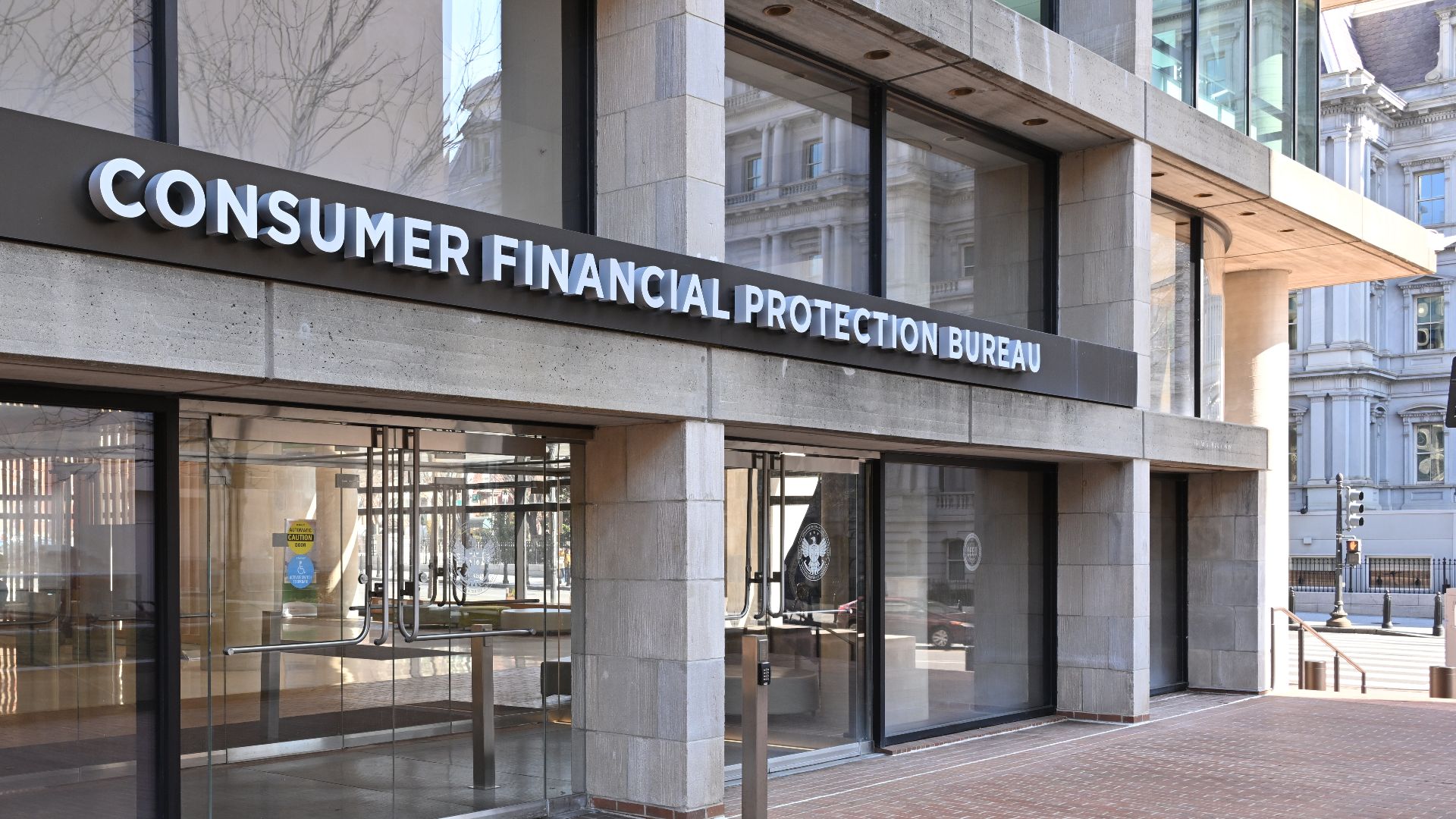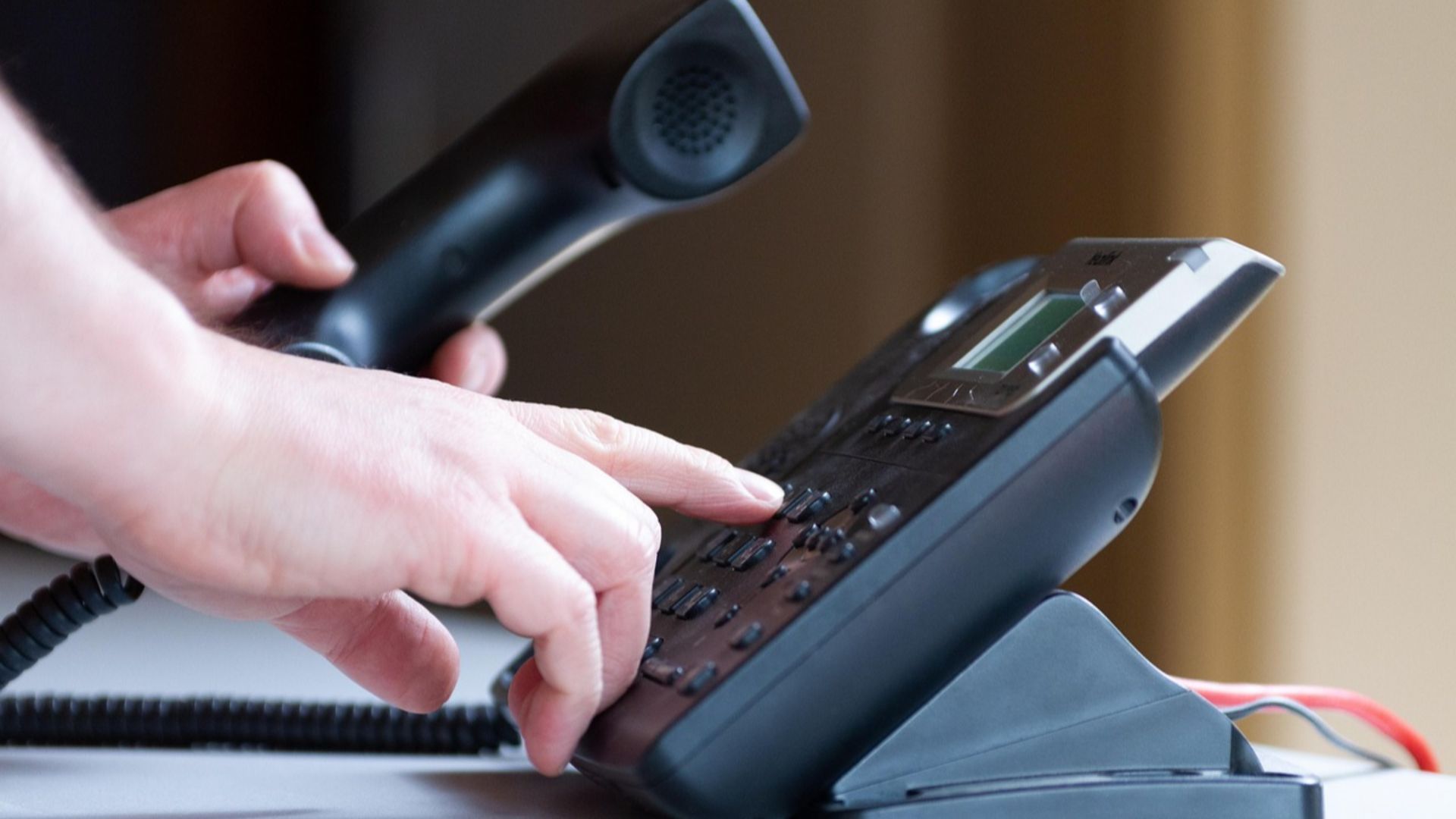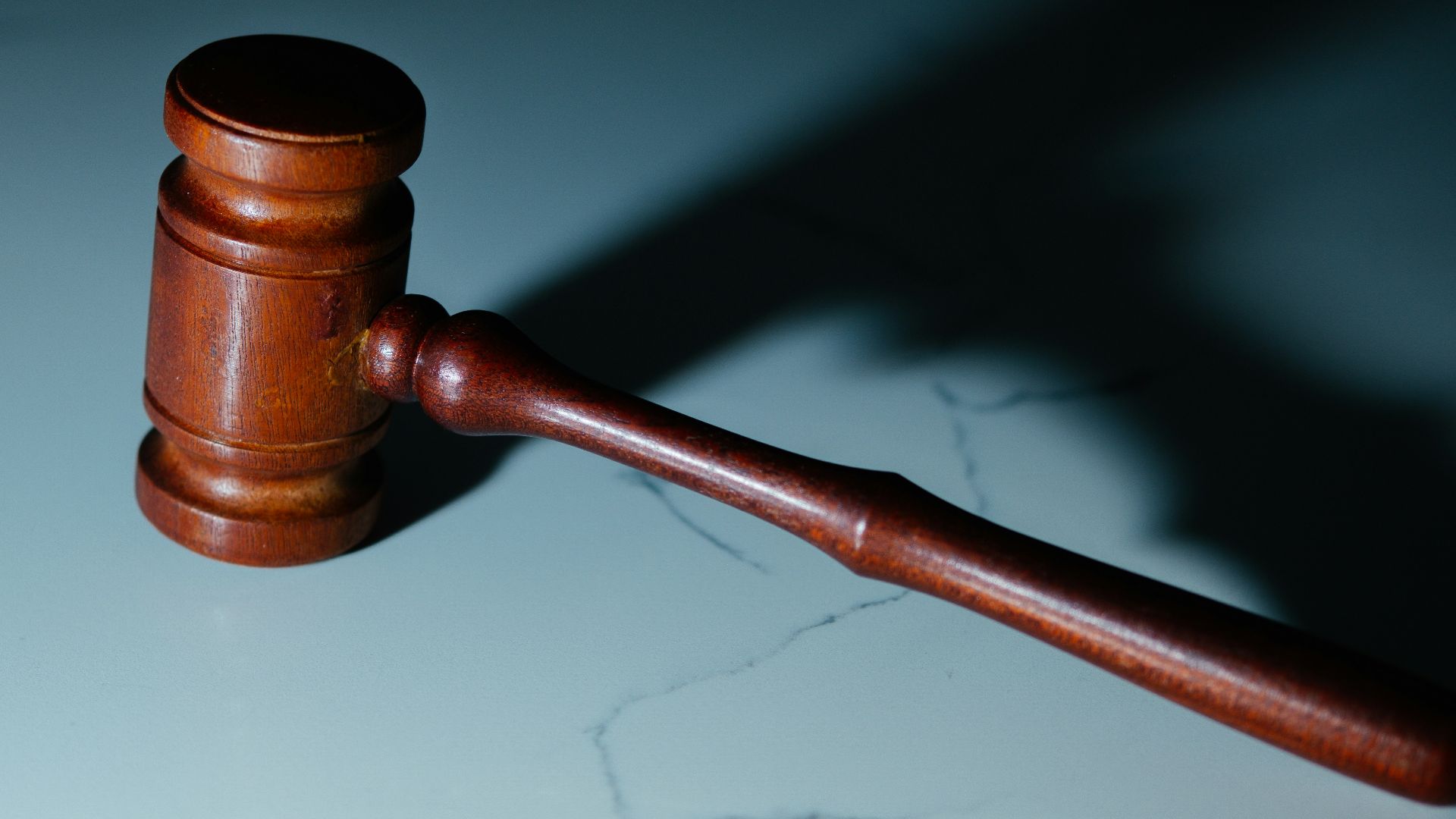An Unexpected Nuisance
You settled that old ambulance bill years ago; thinking it was behind you, you naturally forgot all about it. Now a new collection agency has popped up, insisting that you still owe the debt. To make matters worse, they’ve slapped it on your credit report. You’re frustrated, confused, and understandably concerned about your credit score. Let’s look closer at what might’ve happened, and what steps you should take right now.
Confirm The Debt Before Doing Anything
Never assume that a collector is correct just because they sound official. Under the Fair Debt Collection Practices Act (FDCPA), you have the right to request written validation within 30 days. Ask for the original creditor’s name, the exact amount owing, and proof that you actually owe this debt. Never pay a cent to anyone until the debt is verified.
Make A Written Request For A Debt Validation Letter
Write a formal request for a debt validation letter to the collection agency. This should be sent within 30 days of their first contact. Be sure to send it certified mail with a return receipt so you can prove delivery. If they can’t provide you with the proper validation, they’re legally bound to stop collecting and to remove it from your credit report.
Compare With Your Original Settlement Agreement
If possible, track down your old paperwork: this could be a payment receipt, settlement letter, or a bank statement. If your previous settlement shows the balance was resolved, you now have powerful evidence in hand. This kind of irrefutable documentation can be used to dispute the new collection with the collector and the credit bureaus.
Why Do “Zombie Debts” Come Back?
So-called “zombie debts” are old, often-paid or expired accounts that get sold to new collectors. These agencies sometimes buy old ledgers in bulk without properly verifying accuracy. They’re banking on you forgetting that you’ve paid, or not having the old paperwork. They believe you’ll pay again rather than fight it. Don’t fall for this; facts and records are your best defense.
Challenge The Error With The Credit Bureaus
If the bogus debt is showing up on your credit report, file disputes with Experian, TransUnion, and Equifax. Include copies of your settlement documents and any letters from the previous collector confirming zero balance. The bureaus must investigate within 30 days and remove inaccurate entries.
Don’t Restart The Statute Of Limitations
Be careful of saying or signing anything. Acknowledging that the debt is valid in any way or making a small payment can restart the statute of limitations in some states, which gives collectors new legal leverage. Keep all your communications in writing, and don’t agree to pay a cent until the debt is validated.
File A Complaint With The CFPB
If you have an unreasonable collector on your hands who refuses to back down, file a complaint with the Consumer Financial Protection Bureau (CFPB). Include all your correspondence, payment proof, and your settlement letter. The CFPB often puts heat on agencies to settle disputes quickly when they’re accused of trying to collect invalid debts.
 G. Edward Johnson, Wikimedia Commons
G. Edward Johnson, Wikimedia Commons
Contact Your State Attorney General’s Office
Many states have their own consumer protection divisions. Some states actually have stricter consumer protection laws than the federal government. If you suspect unlawful tactics, like threats, harassment, or knowingly collecting a paid debt, your state attorney general may take a keen interest in the situation and take action to enforce state law.
Check Your Credit Report For Any Other Inaccuracies
A revived debt could be a red flag for other problems. Pull your free credit reports at AnnualCreditReport.com and got through each line item. Look for duplicates, outdated accounts, or any entries that don’t make sense. Cleaning up these errors can improve your score and prevent future unpleasant surprises.
Talk To A Consumer Law Attorney
If you’re facing aggressive collection tactics or worried about damage to your credit, consider seeking out a consumer law attorney who specializes in FDCPA violations. Many of these offer free consultations and may take cases on a contingency basis, meaning no upfront cost. You could even collect damages if the collector broke the law.
If You’re The Target Of A Lawsuit
Collectors sometimes sue in hopes that the defendant won’t show up. If you receive court papers, respond immediately. Bring whatever settlement proof you have to court. If you show evidence the debt was resolved, it’s unlikely a judge will be able to do anything other than dismiss the claim.
Keep Good Records
Create a physical and/or digital folder for every piece of documentation. Include payment receipts, letters, emails, and certified mail receipts. Detailed records are your best bet for protecting you from repeat erroneous or fraudulent collection attempts and strengthen your disputes with credit agencies.
Know Your Rights Under The FDCPA
The FDCPA prohibits collectors from misrepresenting debts, calling you at odd hours, contacting employers, or threatening arrest. If they’re found in violation of these rules, you could be entitled to statutory damages of up to $1,000 plus attorney fees. Knowledge is your shield.
Ask The Original Creditor To Confirm Settlement
The original charge happened years ago; let’s say you can’t find the old records. In that case, reach out to the original ambulance service or billing provider. Request written confirmation that the account was settled. If they verify it, forward their letter to both the collector and credit bureaus. This should close the matter.
Beware Of Scammers Pretending To Be Collectors
Fraudsters sometimes do pretend to be debt collectors. Red flags include threatening language, refusal to send you any written proof, and demands for payment by such unorthodox methods as wire transfer or gift cards. Confirm the agency’s license number and contact info before you communicate with the collector in any way.
Consider A “Cease Communication” Letter
If the collector keeps calling, you may send a cease communication letter. After receiving it, they may only contact you to confirm that their collection efforts have stopped or to announce that they’re taking legal action. This step can stop their harassing calls and letters while you actively dispute the claim.
Follow Up With Credit Bureaus
Check your credit reports again after 30 days. If the item is still listed there despite proof of error, file a follow-up dispute and take the matter to the next level. Include all your prior correspondence. Persistence and patience usually pays off, as bureaus tend to remove accounts after repeated documented challenges.
Plan For Future Medical Billing Disputes
Medical debts can be a source of confusion due to insurers, third-party billers, and collectors. Always keep EOBs, receipts, and settlement confirmations. Consider using a monitoring service that can alert you to new credit entries; that way, you can respond before the new entry does any harm to your score.
Final Takeaway
You already settled this debt once, so you shouldn’t have to fight it again. Stick to your written communication, gather every document, stand firm and exercise your rights. Persistence, proof, and legal protections will help you clear your credit report and clear up this nuisance for good.
 LinkedIn Sales Solutions, Unsplash
LinkedIn Sales Solutions, Unsplash
You May Also Like:
Medical Debt Isn’t Just A Poor People Problem

























